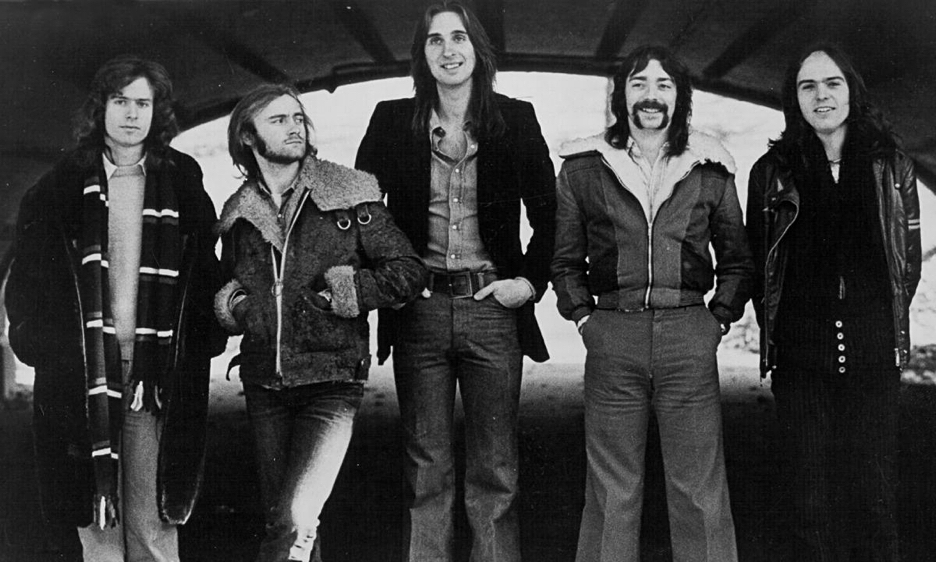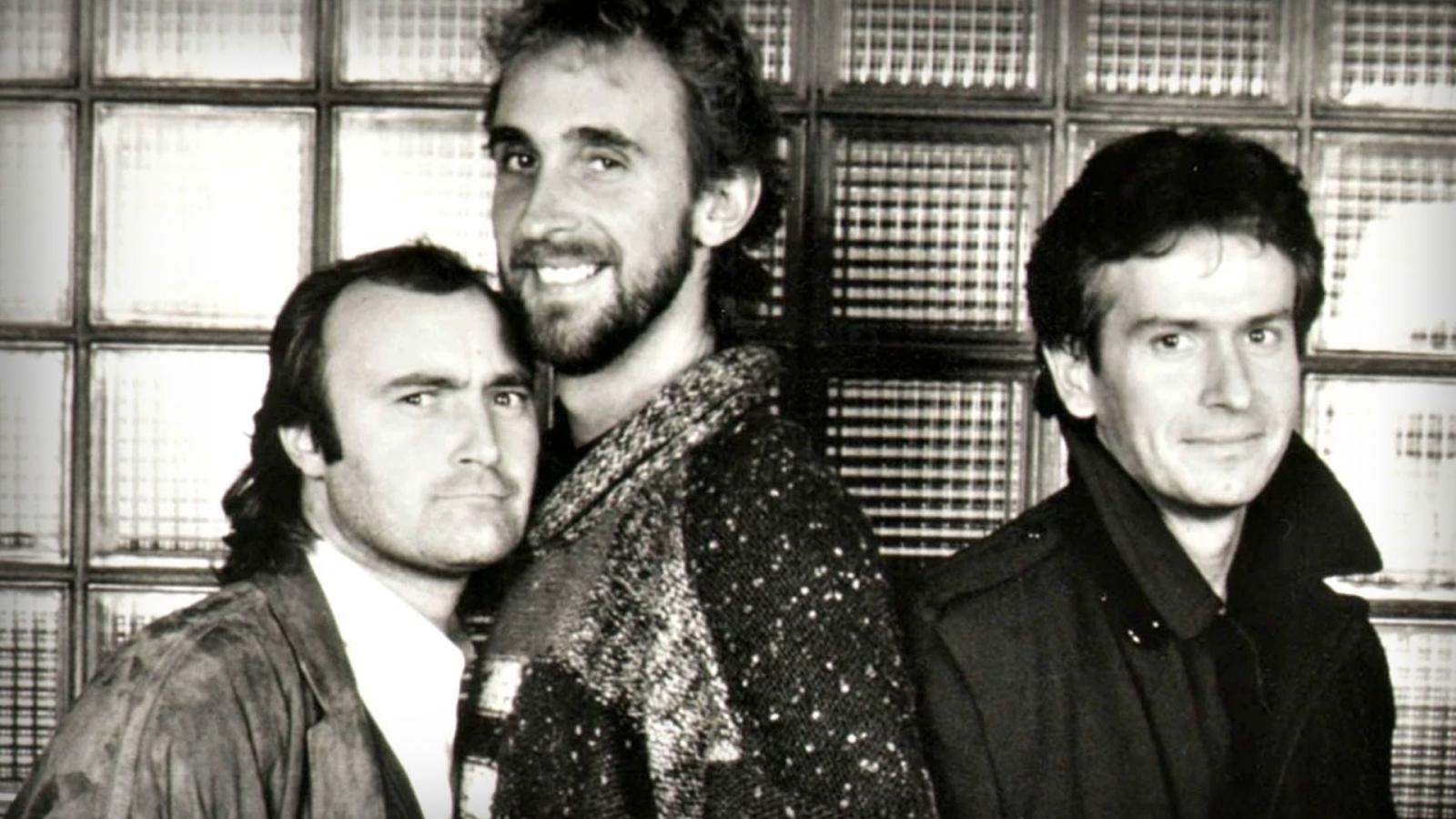The Heartbreaking Reason Why Peter Gabriel Left Genesis

Nobody saw it coming at the time.
Genesis were selling out venues, their music was getting more ambitious, and their frontman Peter Gabriel had become the undisputed face of the band. Then, out of nowhere, Gabriel walked away. For years, fans speculated about the fallout: creative differences, ego clashes, artistic pretension. But behind the headlines was a personal crisis Gabriel rarely spoke about — until much later.
Gabriel's Genesis Years: The Oddball Who Took Over

Genesis formed in the late 1960s, a group of middle-class English kids from Charterhouse School who started playing complex, classical-inspired rock. They weren't built for hit singles — not yet, anyway. The band's success came from albums like Foxtrot and Selling England by the Pound, with Gabriel's eccentric stage costumes and surreal storytelling front and center.
By 1974, things came to a head when Genesis recorded their most elaborate album yet: The Lamb Lies Down on Broadway. Gabriel wrote most of the concept and controlled the sprawling narrative about a troubled Puerto Rican kid named Rael navigating a bizarre, decaying New York.
Phil Collins later joked that on stage, the rest of the band were just "Peter Gabriel's backing group." The tension was real. But that wasn't what broke Gabriel.
When Life Got in the Way
What really pushed Gabriel out had nothing to do with music. During the Lamb tour, his wife Jill gave birth to their first child, Anna-Marie. The birth was traumatic. Both mother and daughter nearly died.
Gabriel spent weeks splitting his time between hospital visits and the grueling tour schedule.
"There was no question of priorities," he later said. "Living being, and a record." That experience shook him. He started thinking less like a bandleader and more like a father.
Around the same time, William Friedkin — the director of The Exorcist — reached out. He wanted Gabriel to help develop a film, pitching him on "revolutionizing Hollywood." Gabriel was intrigued. His ambitions were growing past what Genesis could contain.
These two realities — the pull of family and the itch to create beyond the band — made the decision inevitable.
"I decided to quit around summer-autumn '74," Gabriel said. "That was very hard, but it was definitely the right thing for me to have done."
Phil Collins Steps Forward

Peter Gabriel leaving Genesis was a bombshell. The music press wrote them off. Without their frontman, who was left? A drummer named Phil Collins, who nobody saw as a lead singer. Even Collins himself wasn't sure.
But then the band auditioned nearly 400 singers and found no one better than the guy sitting behind the kit. Collins stepped up, and the band pivoted from their labyrinthine prog sound into more commercial territory. Hits like "Follow You Follow Me" and "Invisible Touch" turned Genesis into a mainstream juggernaut.
Meanwhile, Gabriel launched a solo career that gave the world "Sledgehammer," "Solsbury Hill," and a reputation for blending pop with global music influences — and a lot of quirky videos.
A Quiet Return (Sort Of)
In 2022, Genesis played what was billed as their final concert. Fans speculated, prayed, begged: would Peter Gabriel show up and sing just one song? He didn't. But he was there — in the audience, watching.
Gabriel later explained: "Me going was a rite of passage really. I'd been part of the creation of Genesis, so I wanted to be there at the end." It was a quiet but meaningful nod to the band he helped build — and to the life he chose when he walked away.
For all the bad blood people imagined, the reality was simpler: Peter Gabriel left Genesis to be a husband, a father, and an artist on his own terms. The heartbreak wasn't just his fans'. It was his too.